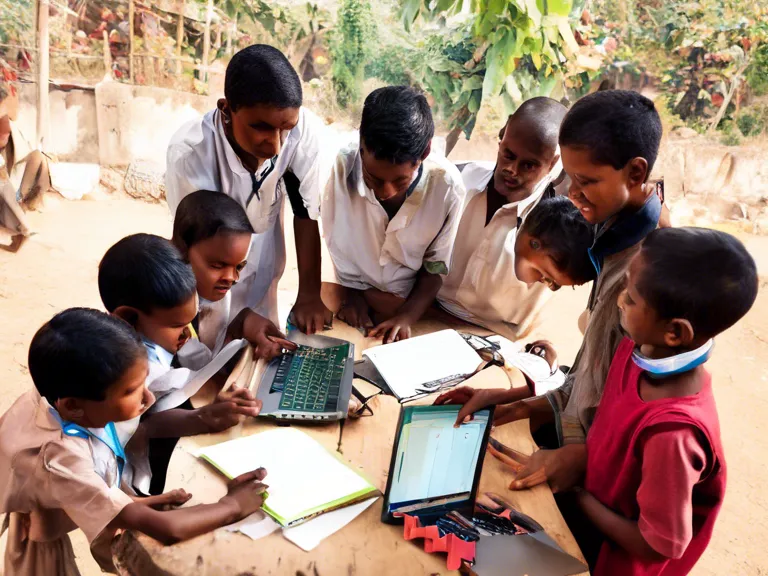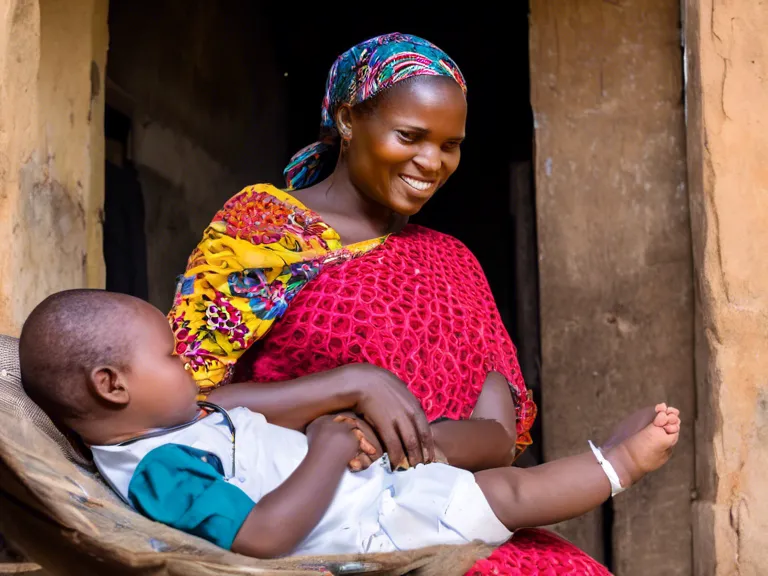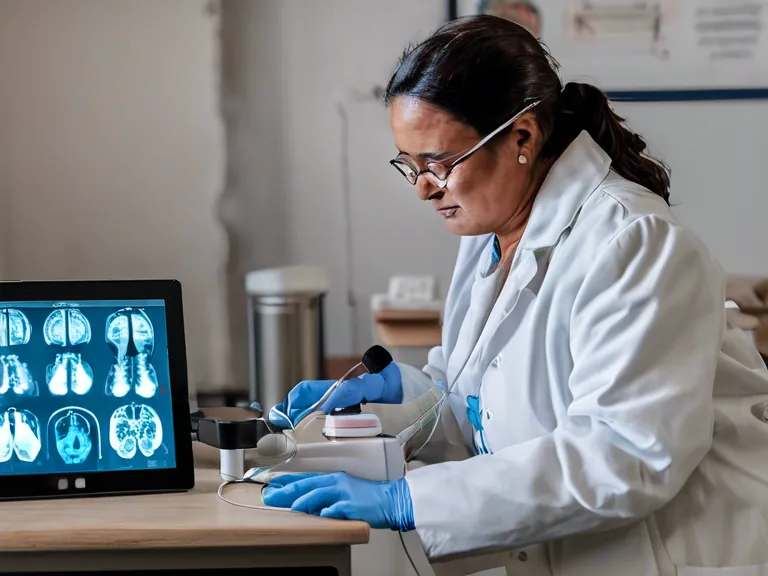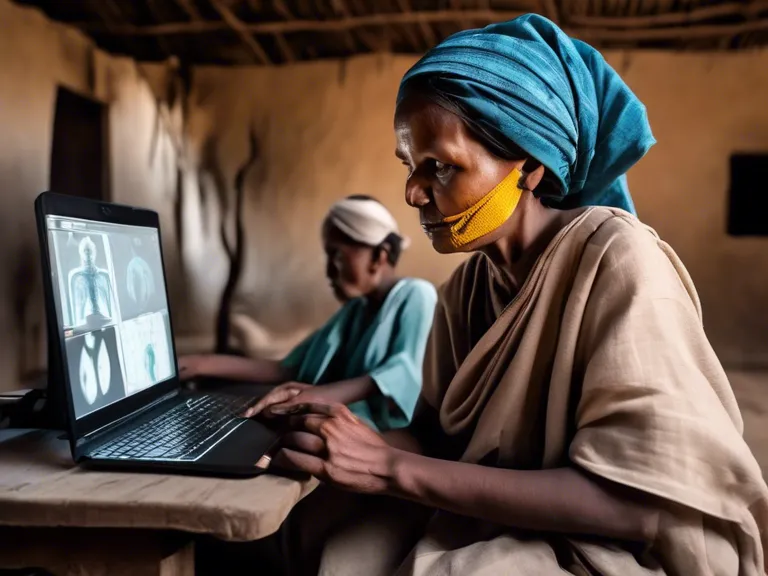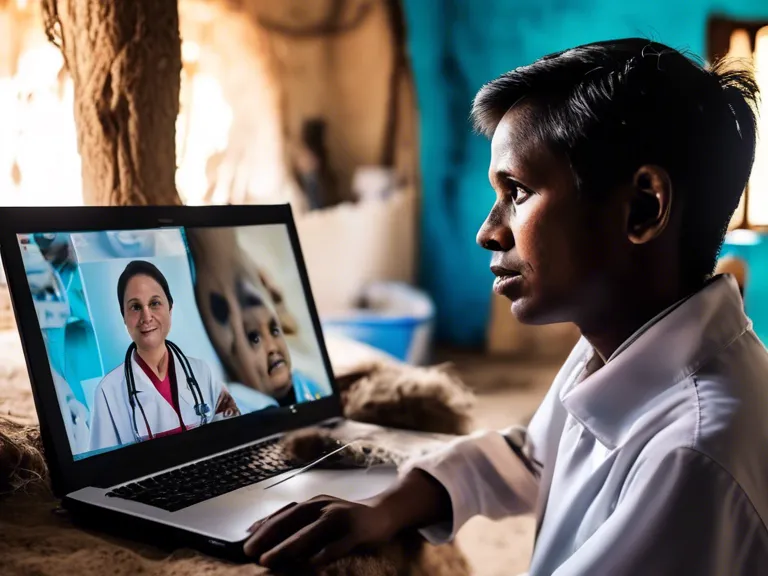
Telemedicine with AI: Lifesaving in Remote Villages
In remote villages around the world, access to healthcare services can be scarce. Residents often have to travel long distances to reach the nearest hospital or clinic, which can be both expensive and time-consuming. However, telemedicine with artificial intelligence (AI) is changing the game, making it possible for patients in these remote areas to receive life-saving medical care without leaving their homes.
Telemedicine allows patients to consult with healthcare professionals remotely, using video calls and messaging platforms. AI technology enhances this by analyzing patient data, providing diagnostic insights, and recommending treatment plans. In remote villages where there may be a shortage of doctors, AI-powered telemedicine can be a crucial lifeline for residents in need of urgent medical attention.
One of the key advantages of telemedicine with AI is its ability to triage patients effectively. By analyzing symptoms and medical history, AI algorithms can identify cases that require immediate attention, allowing doctors to prioritize care for those in critical condition. This can be particularly beneficial in remote villages where resources are limited, ensuring that patients in need of emergency care receive prompt assistance.
Moreover, telemedicine with AI can also improve access to specialized care in remote areas. Patients who require the expertise of a specialist can consult with them remotely, eliminating the need for travel and long wait times. This is especially important for conditions that require timely intervention, such as heart attacks or strokes, where every minute counts.
In conclusion, telemedicine with AI is revolutionizing healthcare in remote villages by providing timely and efficient medical services to residents who may otherwise struggle to access care. By leveraging technology to bridge the gap between patients and healthcare professionals, telemedicine with AI is saving lives and improving health outcomes in some of the most underserved communities around the world.
